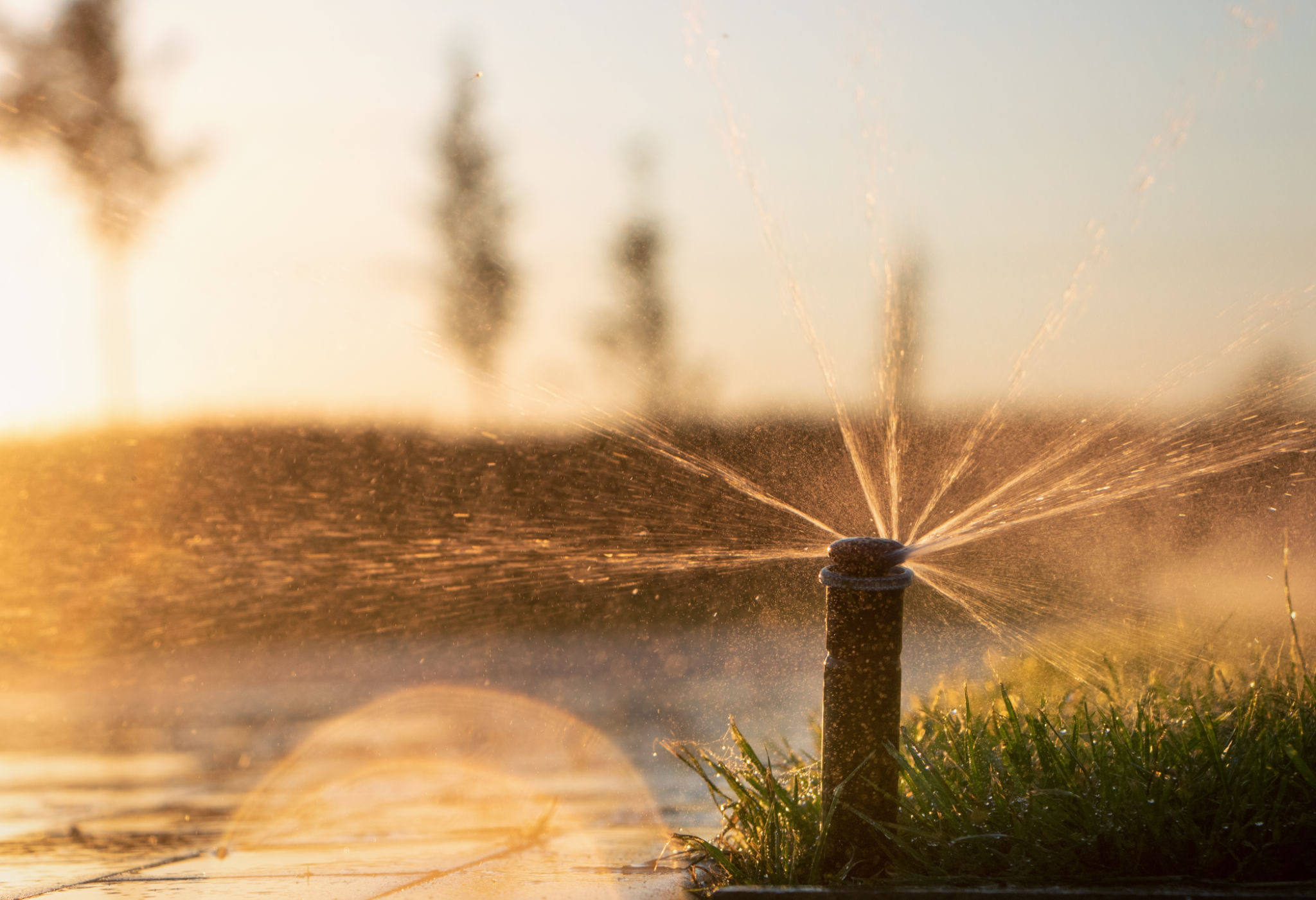Sustainable Landscaping Practices for Dubai Gardens
MA
Understanding the Importance of Sustainable Landscaping
Dubai's arid climate presents unique challenges for gardeners and landscapers. With an increasing focus on sustainability, adopting eco-friendly practices can significantly reduce water consumption and promote biodiversity. Sustainable landscaping not only benefits the environment but also enhances the aesthetic appeal of gardens, making them more enjoyable for residents and visitors alike.
Sustainable landscaping practices involve using native plants, efficient irrigation systems, and organic materials to create a garden that thrives in the local climate. By choosing the right plants and materials, you can reduce the need for chemical fertilizers and pesticides, which can harm the environment over time.

Selecting Native Plants for a Thriving Garden
One of the most effective ways to create a sustainable garden in Dubai is by incorporating native plants. These plants are naturally adapted to the local climate and require less water and maintenance compared to exotic species. Using native plants not only conserves water but also supports local wildlife by providing natural habitats.
Some popular native plants suitable for Dubai gardens include the ghaf tree, desert rose, and date palm. These plants are resilient to harsh weather conditions and add a touch of natural beauty to any landscape. Consider mixing a variety of textures and colors to create an aesthetically pleasing garden that is both sustainable and low-maintenance.
Efficient Irrigation Techniques
Water conservation is a crucial aspect of sustainable landscaping in Dubai. Innovative irrigation systems, such as drip irrigation, can significantly reduce water usage by delivering water directly to the plant's root zone. This method minimizes evaporation and runoff, ensuring that every drop of water is used efficiently.
Another effective strategy is to install rain sensors that automatically adjust watering schedules based on weather conditions. This helps prevent overwatering during periods of rain and ensures that your garden receives the right amount of moisture necessary for healthy growth.

Utilizing Organic Mulch and Compost
Organic mulch and compost are essential components of sustainable landscaping. Mulch helps retain soil moisture, suppress weeds, and regulate soil temperature, reducing the need for frequent watering. Organic mulch, such as wood chips or straw, gradually breaks down and enriches the soil with nutrients.
Composting is another sustainable practice that recycles kitchen scraps and garden waste into nutrient-rich soil. By incorporating compost into your garden, you improve soil structure and fertility, promoting healthy plant growth without relying on synthetic fertilizers.
Creating Biodiverse Habitats
Promoting biodiversity within your garden is a vital part of sustainable landscaping. By including a variety of plant species, you create habitats for beneficial insects, birds, and other wildlife. This natural balance helps control pests and reduces the need for chemical interventions.

Consider adding features such as bird feeders or small ponds to attract native wildlife. These elements not only enhance the ecological value of your garden but also provide an enjoyable space for relaxation and observation.
Conclusion: Embracing Sustainability in Dubai Gardens
Sustainable landscaping practices are essential for creating vibrant, eco-friendly gardens in Dubai. By selecting native plants, implementing efficient irrigation systems, and utilizing organic materials, you can cultivate a garden that thrives in harmony with the local environment. Embracing these practices not only benefits your garden but also contributes to a healthier planet.
As more residents and businesses adopt sustainable landscaping techniques, the collective impact can lead to a greener, more sustainable future for Dubai. Whether you're a seasoned gardener or just starting out, integrating these practices can make a significant difference in achieving a beautiful and environmentally responsible garden.
